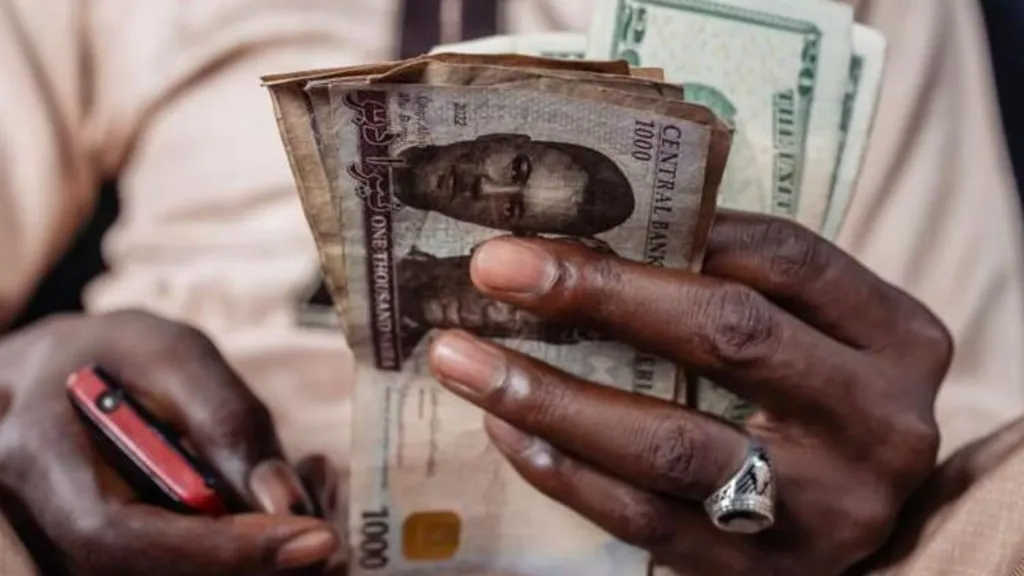Price of beer increases by Shs 500 per bottle
The price of beer has gone up by an estimated Shs500 per bottle according to an announcement by Nile Breweries Limited, one of the leading brewers in the country.
According to the Nile Breweries Limited, the increment in prices follows the introduction of the Digital Tax Stamps, whose cost must be shouldered by manufacturers.
Keep Reading
“Following the announcement from the Ministry of Finance that manufacturers of excisable goods must pay for the Digital Tax Stamps (DTS) from 1 July, we regret to announce that we see no other option than to increase our pricing,” a statement from Nile Breweries reads in part.
According to the statement, the new pricing came into force on September 1, 2020.
The beer producer claims that the changes aim to spread the costs of DTS between Nile Breweries, the retail and consumers.
“Adoption of the channel pricing by the distributors, the stockists and retailers will minimise the impact of the DTS cost increase as much as possible to protect the livelihoods of the tens of thousands farming families and all the others who depend on and contribute to the beer value chain,” the statement reads.
Manufacturers have continued to argue that government should bear the burden of the cost of installing DTS. This is because the cost would automatically increase their production rates.
Digital tax stamps are physical paper stamps with security features that are applied to goods or their packaging, largely to verify tax compliance.
NBL legal and corporate Affairs director, Onapito Ekomoloit is quoted as having told a local weekly, The Observer, that the introduction of digital stamps means the beer maker has to part with Shs 30bn in installation of equipment to put the stamp on each beer bottle produced.
“The heavy investment required for the system means business will be constricted, resulting in lower profitability. As per our projections, targeted volumes based on the proposed pricing show that the tax stamps will cost the company close to Shs 15 billion annually, and this would directly affect NBL’s growth, profitability and sustainability as a local manufacturer,” he said.
Notwithstanding, government has complained that previously manufacturers have been evading tax and under declaring revenue, therefore amassing profits.
It is for this reason that the DTS was introduced as a key measure to curb tax evasions, leakages, under declarations and fake goods on the market.













